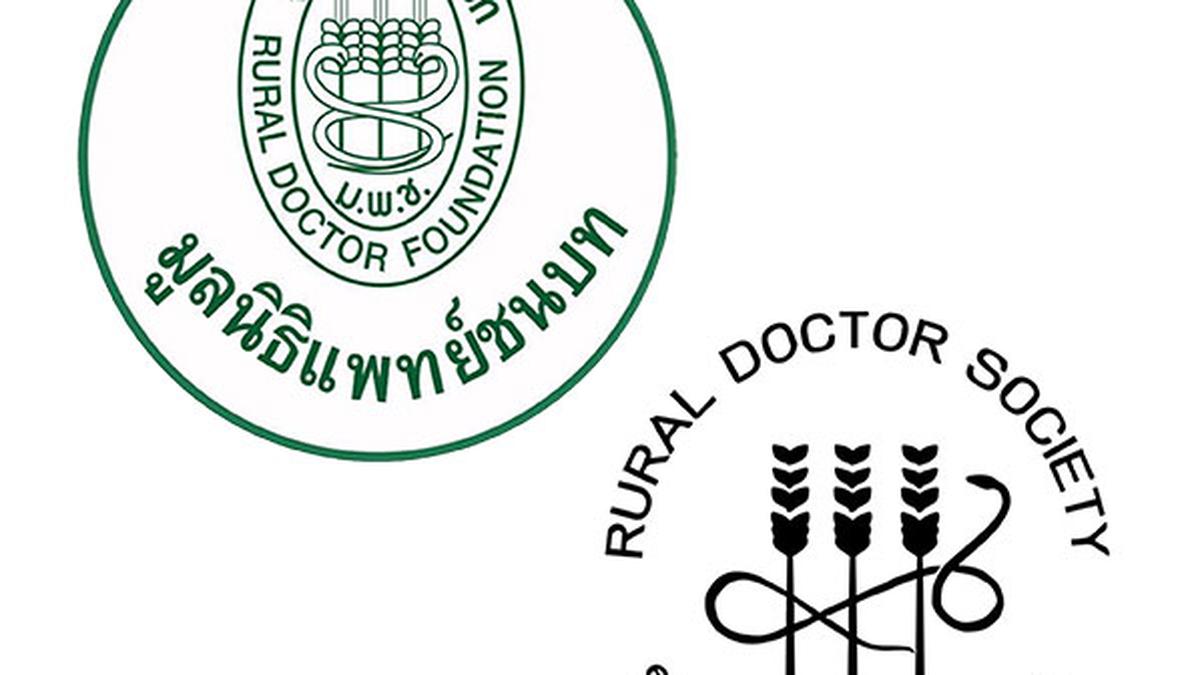Healthcare comes at a cost, but there are those who strive to increase access and reduce prohibitive expenses. Several countries have mooted the idea of universal health coverage as a component of public health and social welfare. Among those who have succeeded in their goals is Thailand.
The collective of doctors which spearheaded the effort to bring health coverage to the masses and ensure equitable healthcare access in rural areas has now been selected to receive the Ramon Magsaysay Award for this year.
Thailand’s journey to universal health coverage
According to the World Health Organisation, universal health coverage (UHC) envisages that “all people have access to the full range of quality health services they need, when and where they need them, without financial hardship.” Achieving UHC is one of the targets for the achievement of Sustainable Development Goals by 2030.
Universal health coverage still remains out of reach for many countries, particularly for citizens who are poor or those living in rural areas. Thailand has made great progress in this domain, with universal health coverage being implemented in 2002. Now the country has a system in place that offers medical care— free, to a large extent— to all Thai citizens.
The seachange in the Thai healthcare was the result of many years of struggle by dedicated Thai doctors. Their efforts have ensured adequate and affordable healthcare for all, particularly for those in rural areas. as an element of social justice.
Most of this was achieved through volunteer work by Thai doctors. Some of them banded together to form the Rural Doctors Movement, combining the Rural Doctor Society (RDS) and the Rural Doctor Foundation (RDF). TheRDS is a more informal organisation, while theRDF is a formal non governmental organisation formed by doctors working in public hospitals.
The journey started around the 1960s. At this time, Thai society was witnessing a brain drain of medical professionals abroad, particularly to the United States. To counter this, the government evolved a scheme which saw subsidized medical education in return for compulsory service for the medical professionals in rural area. This made more doctors aware of the need for corrective measures to improve healthcare in the countryside.
In the 1970s, a pro-democracy wave swept through Thailand. Socio-economic justice, democracy and freedom were at the forefront of this movement. Among those joining the movement were idealistic young doctors who sought to address the inequities in society and healthcare.
Some doctors organised medical teams for the student protestors. In 1974, students were sent to rural areas to research poverty and poor healthcare. Former president of RDS, Vichai Chokevivat, shared of his experience: “When I was a rural doctor, I saw many people taken ill and becoming almost penniless. They had to sell their farmland or even their daughter to get enough money to pay for their medical treatment. It was such a painful and bitter experience that we dreamt of providing free medical care to the sick.”
The student movement was suppressed in In 1978. Many medical students retreated to the rural areas where they had worked. To continue its work in an informal manner, the Rural Doctor Federation became the RDS. In 1982, many of the same doctors behind the RDS organized and registered RDF as a formal umbrella for their programmes
Some prominent RDS leaders were activists, including Mr. Chokevivat, Choochai Supawongse, Kriengsak Wacharanukulkiet, Supat Hasuwannakit, and the late Sanguan Nitayarumphong. The main goal of the RDS was to support public health services in rural areas and spread public health awareness. RDS doctors advocate for policy reforms and contribute to health governance. It also continued to push for democracy and took a stand against corruption during the 1990s.
Meanwhile, the more formal RDF implements beneficial healthcare measures through official channels. It also works with other civil society and international organisations, including local networks for nurses and pharmacists as well as the World Health Organization.
The Award has been granted to the Rural Doctors Movement in recognition of “their historic and continuing contribution to their people’s health—and perhaps just as importantly, to their recognition and fulfilment as citizens with basic rights. By championing the rural poor, the movement made sure to leave no one behind as the nation marches forward to greater economic prosperity and modernization,” as the Award’s citation reads.
What is the Ramon Magsaysay Award?
The Ramon Magsaysay Award, considered one of Asia’s top honours, is awarded in recognition of “greatness of spirit shown in selfless service to the peoples of Asia.”
The award was instituted by the trustees of the Rockefeller Brothers Fund in 1957 in honour of the late President of the Philippines Ramon Magsaysay. It was first awarded in 1958. Till 2008, it was awarded in six categories: government service, public service, community leadership, peace and international understanding; emergent leadership and journalism, literature, and creative communication arts. Except for emergent leadership, all the other categories have now been discontinued.
To date, 322 people and 26 organisations hailing from 22 Asian nations have been awarded the Ramon Magsaysay Award. Other orgnanisations that have won the Award in recent years include Indonesian social documentary venture Watchdog Media Mandiri (2021), the Phiilippine Educational Theater Association (2017), Laotian emergency services organisation Vientiane Rescue (2016), Indonesian charitable organisation Dompet Dhuafa (2016) and the Japan Overseas Cooperation Volunteers (2016), a global volunteer network that promotes peace and international solidarity.
According to a government press release, 25 people or organisations from Thailand have received the Ramon Magsaysay Award.
The other awardees this year are Japanese filmmaker and co-founder of Ghibli studios Hayao Miyazaki, Bhutan’s Phuntsho Karma, a former Buddhist monk, scholar and social worker; Vietnamese doctor Nguyen Thi Ngoc Phuong, who works with the Vietnam Association of Victims of Agent Orange/Dioxin (VAVA); and Indonesia’s Farhan Farwiza, the conservationist-founder of Yayasan Hutan Alam dan Lingkungan Aceh (HAkA), dedicated to preserving the Leuser ecosystem.
The 2024 awardees will be honoured in a ceremony in Manila this November.
Published – September 12, 2024 02:17 pm IST
